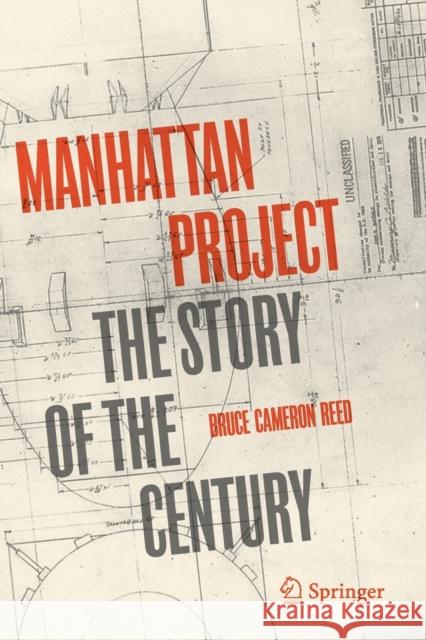Manhattan Project: The Story of the Century » książka
topmenu
Manhattan Project: The Story of the Century
ISBN-13: 9783030457365 / Angielski / Miękka / 2021 / 553 str.
Manhattan Project: The Story of the Century
ISBN-13: 9783030457365 / Angielski / Miękka / 2021 / 553 str.
cena promocyjna 111,07
(netto: 105,78 VAT: 5%)
222,14
Rabat: -50%
Najniższa cena z 30 dni: 146,48
(netto: 105,78 VAT: 5%)
Rabat: -50%
Najniższa cena z 30 dni: 146,48
Termin realizacji zamówienia:
22 dni roboczych
22 dni roboczych
Darmowa dostawa!
Zobacz inne książki w promocji: Wyprzedaż publikacji z zakresu nauk stosowanych
Kategorie:
Kategorie BISAC:
Wydawca:
Springer
Język:
Angielski
ISBN-13:
9783030457365
Rok wydania:
2021
Wydanie:
2020
Ilość stron:
553
Waga:
0.78 kg
Wymiary:
23.39 x 15.6 x 2.92
Oprawa:
Miękka
Wolumenów:
01
Dodatkowe informacje:
Wydanie ilustrowane











